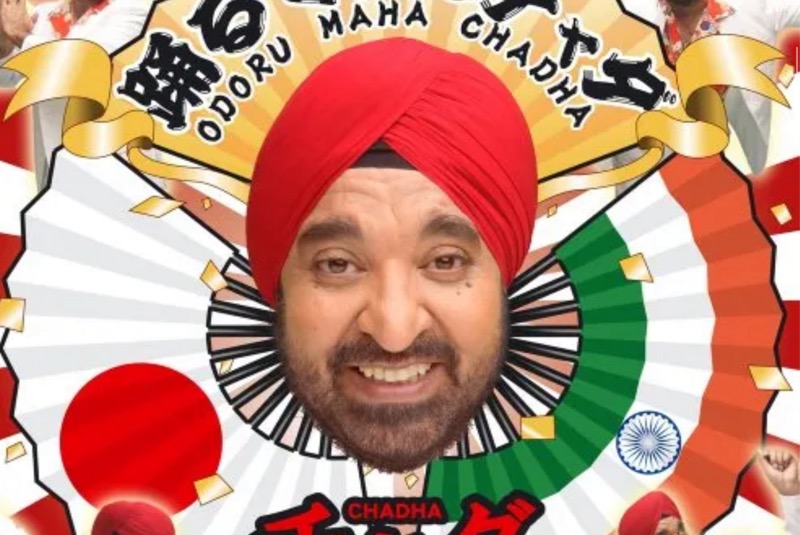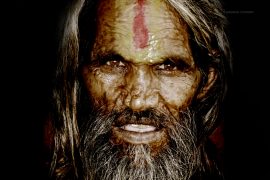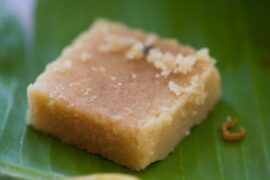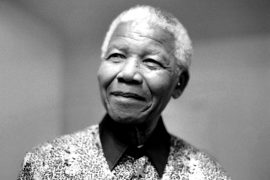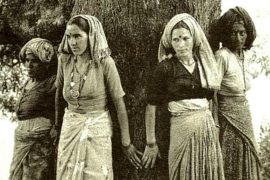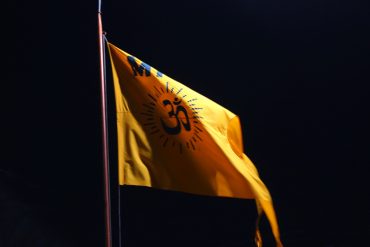Many Indians have left their mark on the western music and film industry, but what about those that rose to fame on eastern shores?
With the rise of K-pop and K-drama, South Korea is steadily gaining popularity in India, while J-pop or Japanese pop remains less known. An Indian, has become one of the first non-Japanese to gain popularity as an Enka singer in Japan.
Enka is a form of Japanese pop music popular with the local youth. Modern Enka is a relatively new musical genre that employs a conventional musical style compared to Ryūkōka music, which was popular in the prewar years. Enka is a sentimental ballad music that emerged in the postwar period.
Sarbjit Singh Chadha, a Delhi based businessman, is a celebrity of Enka music in Japan. He attracts young crowds at his concerts, and has a unique presence on stage with his unusual pairing of silk Japanese Kabuki robes with a turban and a beard.
Sarbjit Singh Chadha travelled to Japan in 1968, leaving his home in Delhi for agricultural training. He settled down in Fukuoka, the capital of a southern province by the same name. Fukuoka is a booming port and one of the largest cities in Japan; however, not many cities, apart from Tokyo and Osaka, have a public that converses in English. The Japanese take pride in preserving their culture and language. The language barrier became one of the major difficulties for Chadha.
Today, Sarbjit is fluent in Japanese. In the beginning, he felt frustrated when people were unwilling to help him learn Japanese or to speak English.
During his schooling in Japan, Sarbjit asked his teacher about her inability to converse with him in English. The teacher asked in return, whether she should expect everyone to speak with her in Japanese when she visits India. Humbled by this simple logic, Sarbjit set about learning Japanese much to the amusement of the locals; an Indian Sikh man complete with a turban, conversing in Japanese was a rare sight.
Chadha mastered the skills required to be an Enka singer in the 1970s. He fell in love with the genre due to its expressive nature. Enka music often expressed a wide range of emotions including love, pain, separation, longing, etc.
“I love Enka songs because they are full of feeling,” Sarbjit said on stage at a 2011 concert in India. “In the 1970s, Japan was full of Enka. It was similar to Indian ghazals and had love songs too. I love any song that expresses emotions such as love, affection, separation, and that’s why I love Enka.”
In 1975, Sarbjit debuted with a single, “Omokage No Hito”, that stole the hearts of music lovers in Japan. It sold over one lakh copies and also won Chadha many awards of recognition on various Japanese platforms. Sarbjit also gained popularity in a famous comedy show, Kinyō 10 Ji: Uwasa no Channel (Friday 10 o’clock), broadcast on Japanese television.
Sadly, within five years, due to visa-related problems Sarbjit left Japan and his singing career. “People in Japan don’t like those who do too many things at a time,” Sarbjit was quoted by the Score Magazine. He returned to India, back to his family business.
On 27th November 2008, after 30 years, Sarbjit returned to the stage in Tokyo. His music appreciated as much as the 1970s. “Chadha is still loved,” he was pleased to remark.
Now, Chadha was not the only non-Japanese Enka singer in the industry. A young African-American artist named Jero had become a hit with Japanese fans, creating competition with Chadha in the niche field of non-Japanese Enka singers.
DNA India notes Sarbjit’s sanguine response, “Jero has revitalised Enka and I am grateful to him. But his music has more of a hip-hop element. Fans tell me they hear the real Enka in my songs.”
In an interview with a Japanese media company, Oricon, Chadha was reported as saying he had handed the responsibilities of his family business to his wife. “Now I’m just singing! I’ll sing until I die,” he said.
The Japanese dubbed version of Muthu, Odoru Maharaja (The Dancing Maharaja), starring Rajnikanth, became a cult film among Japanese youth. Soon after his re-debut, Sarbjit released an album, Odoru Mahachadha, inspired by the movie.
Sarbjit is forming cultural bridges between India and Japan as he performs in both countries. He has performed at gigs in Delhi, Gurgaon, and Chennai. In a 2011 concert, he expressed solidarity with the Japanese people after the devastating tsunami. Anusha Parthasarathy, reports in the Hindu that Sarbjit captivated the audience at the Hilton hotel in, “a midnight kimono with silver dots that twinkle like stars.”
The night began with a quiet, melancholic melody, that swelled into rage before fading back into grief. Performing many songs that evening, each deep with emotion, Sarbjit ended with ‘Sayonara.’
He has an emotional attachment to Sayonara, “When I left India, I sang this to my father. He didn’t understand the lyrics, but he told me he felt as if someone close to him was leaving,”
Sarabjit feels that the Japanese Enka has the potential to boom in India. In 2011, he promised the audience he would work on Indian Enka songs in Tamil and Hindi, with the goal of introducing Enka music into the Indian music and film industries.
-30-
Copyright©Madras Courier, All Rights Reserved. You may share using our article tools. Please don't cut articles from madrascourier.com and redistribute by email, post to the web, mobile phone or social media.Please send in your feed back and comments to [email protected]

